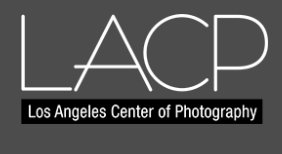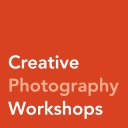In this class we’ll look at the best procedures for working on a tripod while setting ISO, Shutter Speed, and Aperture. And we’ll use camera movement as a way to create effects that can’t be seen until they’re created.

Many locations take on a whole new look in the absence of daylight. The mood changes and a little drama shines through.
Photographing at night isn’t complicated. For sharp, clear photographs, there are a few things to understand and control, all easily explained. But one can also be more playful and use the camera as a brush.
In this class we’ll look at the best procedures for working on a tripod while setting ISO, Shutter Speed, and Aperture. And we’ll use camera movement as a way to create effects that can’t be seen until they’re created.
You can learn how to influence the results, but there’s an element of play that’s quite fun!
We’ll begin with a discussion of your camera’s capabilities for long exposures and how to use ISO to interact with your shutter. We’ll consider how to evaluate the light and understand what is likely to happen, as well as how to meter for it.
Histograms at night are quite different from daytime exposures so we’ll consider how to read them. It will be daylight when we gather for conversation, but the light will go down fast.
Participants should have a tripod and preferably a cable or remote release. In the absence of a release, the timer mode on the camera can be used, but a release is strongly recommended.
Lenses from wide angle to medium telephoto are appropriate. Be sure your battery is charged and bring a spare if you have one.
The class is limited to 9 people.
Whether you’re new to photography or interested in advancing your camera and editing skills, you will definitely benefit from the classes offered by Washington Photo Focus.
You will also thoroughly enjoy the time spent with Eliot as he patiently guides you through your class and helps you become a better photographer. Follow the links below for class descriptions, a schedule of classes and on-line registration.

In this beginning workshop, students will learn all the controls and functions on their digital Single Lens Reflex (SLR) cameras, basic camera operation (including f-stop, shutter speed and ISO), fundamental concepts of photography, and how to control the photograph’s final look.

Understanding basic photography camera controls and functions to make more creative decisions. Train your eye to see stronger composition to have your photographs stand out from everyone else’s images.

Classes have been designed to combine hands-on, practical learning with inspirational insights around the broader themes of Photography.

Each Composition in the Field class begins with a talk with one of our experienced instructors, and then you and your fellow students take a stroll through one of a variety of photogenic locales (in any of the 20+ cities the DPA encapsulates).

After 20 years of offering Photography workshops, we have never produced one workshop with similar outcome, there is no exact science in how we do things but what remains consistent in our Photography classes are the specific instructions in perfect lighting.
© 2025 coursetakers.com All Rights Reserved. Terms and Conditions of use | Privacy Policy